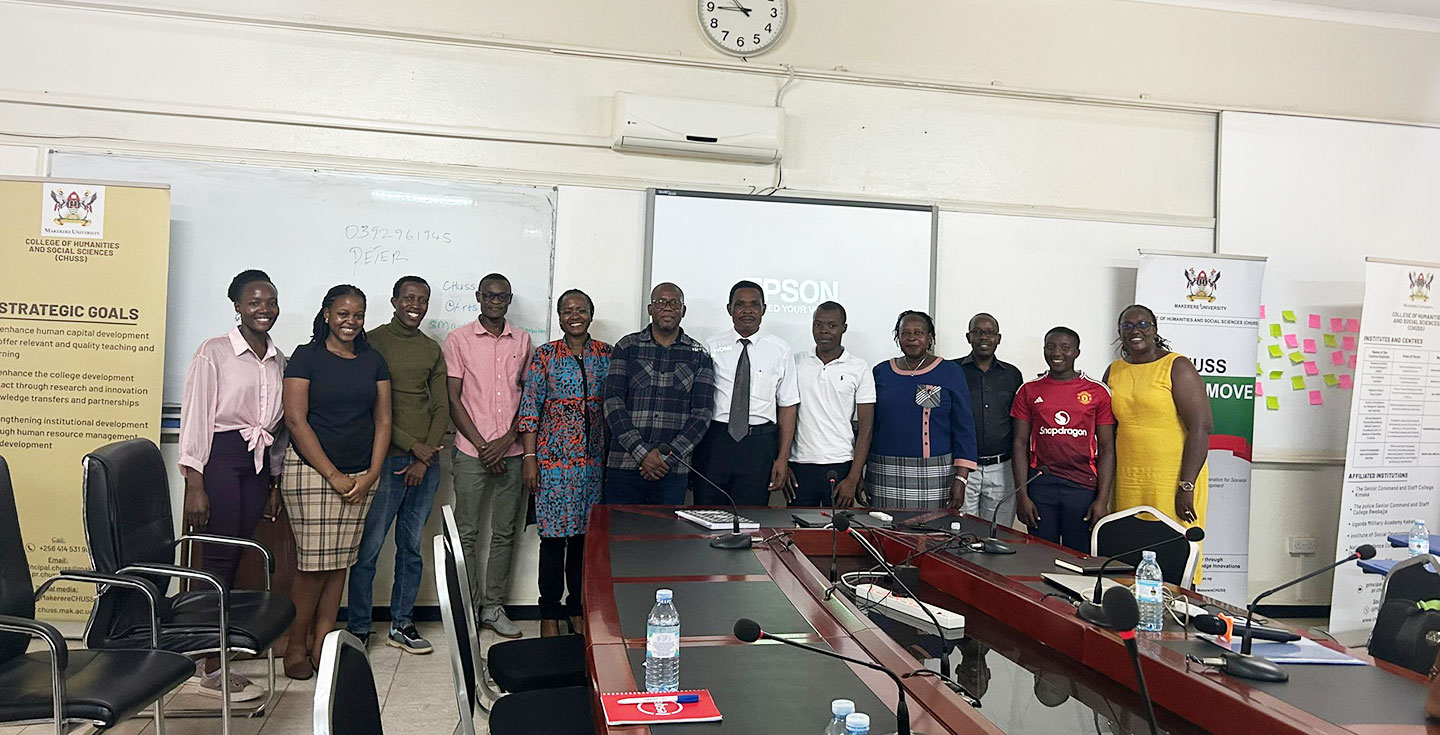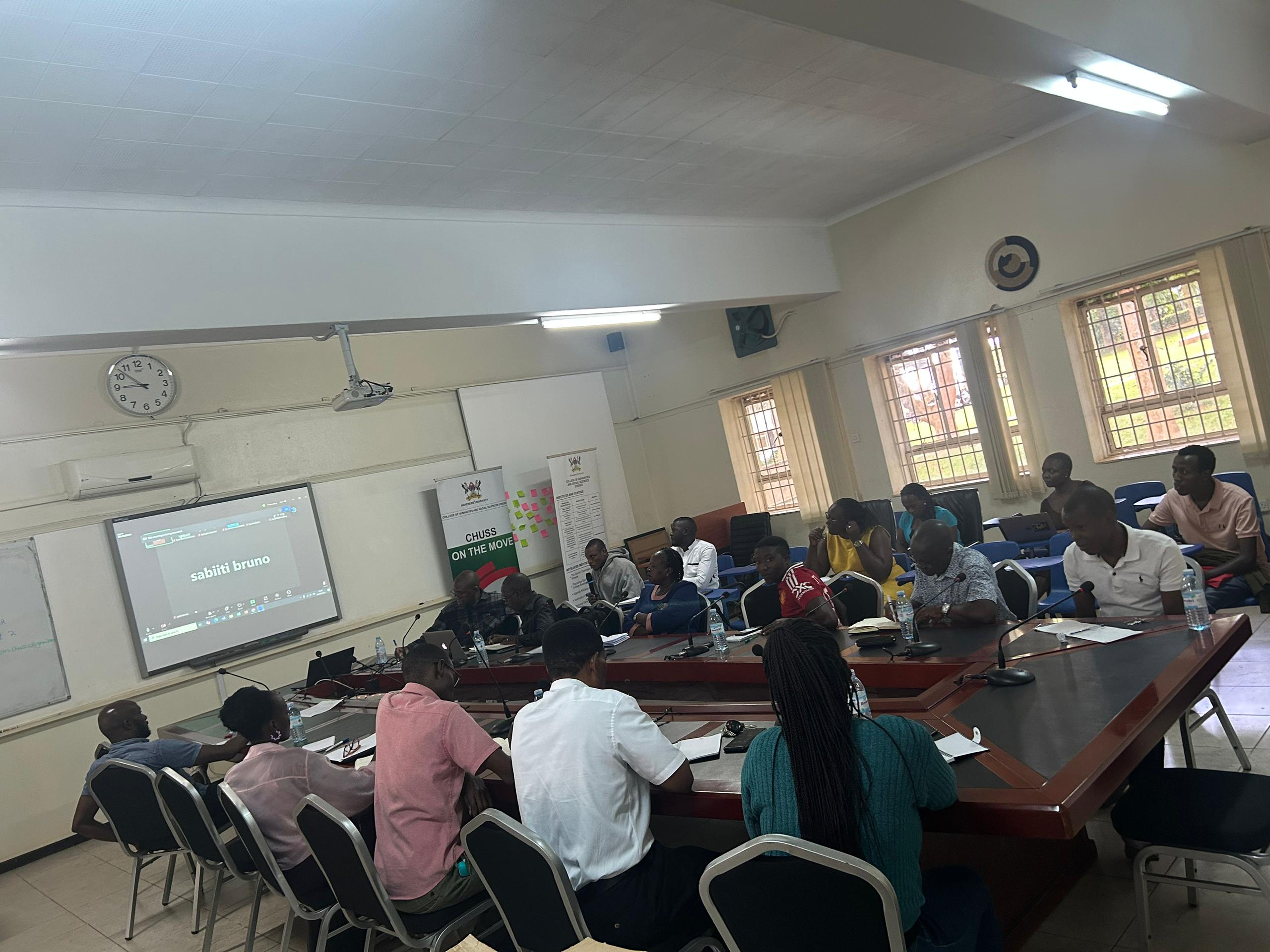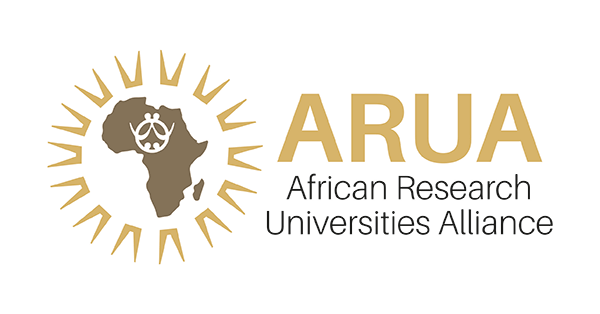
Professor Morgan Nkululeko Ndlovu from the University of Johannesburg South Africa led the discussion of theorizing African Identities.. He is a trans disciplinary scholar who publishes on decolonizing knowledge and power indigenous knowledge systems, education rights and transformation with specific to Africa.
Prof. Morgan Nkululeko Ndlovu’s lecture explored the complexities surrounding African Identity in the context of tourism, coloniality and post-colonial thought. Using metaphors of the front stage, the in between and the back stage, he addressed how identities are socially constructed, performed, contested and politically framed across different historical and institutional spaces. The front stage represents spaces where African identity is performed to meet the expectations of external audiences. Here identity is often stylized, essentialized for example through cultural performances for tourism. The in between stage is a contested space where negotiation occurs. It reflects the tensions and dualities faced by Africans balancing their authentic self with imposed or expected identities. The back stage on the other hand represents the hidden or private realms where more authentic everyday expressions of Africans are lived out away from the gaze power. However even this space has been infiltrated by colonial legacies making the question of authenticity deeply complicated.

Authenticity according to prof. has become a powerful yet problematic concept. What is perceived as ‘’authentically African’’ is often a colonial invention, staged to satisfy external expectations especially in tourism and international development narratives.
The lecture emphasized that colonialism may have ended politically, but coloniality persists especially through knowledge systems, institutions, language hierarchies and epistemologies. African identities continue to be mediated by colonial logic which privileges western ways of knowing while suppressing indigenous knowledge.
Prof. Morgan critiqued western research methods that ignore local context and research identity. He argued for a methodology of positionality which acknowledges that researchers are not neutral instruments but socially embedded beings whose identities influence how they engage with knowledge and communities. Decolonizing research must move beyond just changing tools. It requires rethinking the questions, assumptions and relations behind academic inquiry.
The engagement session brought out several critical reflections by participants. One participant asked whether we should speak of African identity or identities and how to determine their dimensions. Prof. Morgan responded by acknowledging that identity is plural and dynamic, shaped by various social and historical contexts. He added that the focus should be on how identities are constructed and used rather than trying to define a singular African essence.
A question about African identities before colonialism was also raised. Prof. Morgan responded it by saying that Africa as a singular entity did not exist in a unified form precolonially, rather people identified with local clans and regions. Colonialism introduced broad racial categories like black and African that redefined how people saw themselves and each other.
One of the participants asked, how African identity is used to exclude queer identities such as in debates over homosexuality. Prof. Morgan responded that identity is socially constructed and politically manipulated. The claim that homosexuality is un-African is an example of how identity is used to assert power and exclusion.
Another Participant asked whether Africanness and blackness are the same especially in contexts where Africans may not appear black for example people of Asian descent born in Africa. Prof, Morgan cautioned against equating Africanness with skin color. He urged a relational and contextual understanding of African identity one that considers lived experience, social location and shared histories of colonial subjection.
The place of traditional rituals and indigenous knowledge in modern academia was one of the questions raised during the discussion.. Prof. Morgan acknowledged that African Universities remain heavily influenced by colonial epistemologies. He called for more inclusive knowledge systems that embrace traditional forms of knowing and being while also maintaining critical reflection.
The future of Pan Africanism in a continent fragmented by colonial borders was also discussed. Some noted that Africans often identify more with their nationalities than with a shared continental identity. Prof. Morgan mentioned that such fragmentation is a product of incomplete decolonization. He also mentioned that sometimes generalization can be powerful that if you want to break unity you will always emphasize difference for example Europeans unify to colonize, but Africans emphasize differences. To be powerful we need to organize around shared experiences and political interests.
Prof Morgan concluded by reaffirming that African identity is both a state of being and a process of becoming. It is shaped by the history, power and ongoing struggle and must be theorized not as a fixed essence but as a dynamic, contested and aspirational phenomenon.
The session concluded with Dr. Amon expressing heartfelt gratitude to Prof. Morgan Nkululeko for the insightful and intellectual discussion on African Identities, he then invited Prof. Sarah Ssali to give the closing remarks who acknowledged the importance of continuing these critical conversations within academic and public spaces dedicated to African Thought and transformation.

